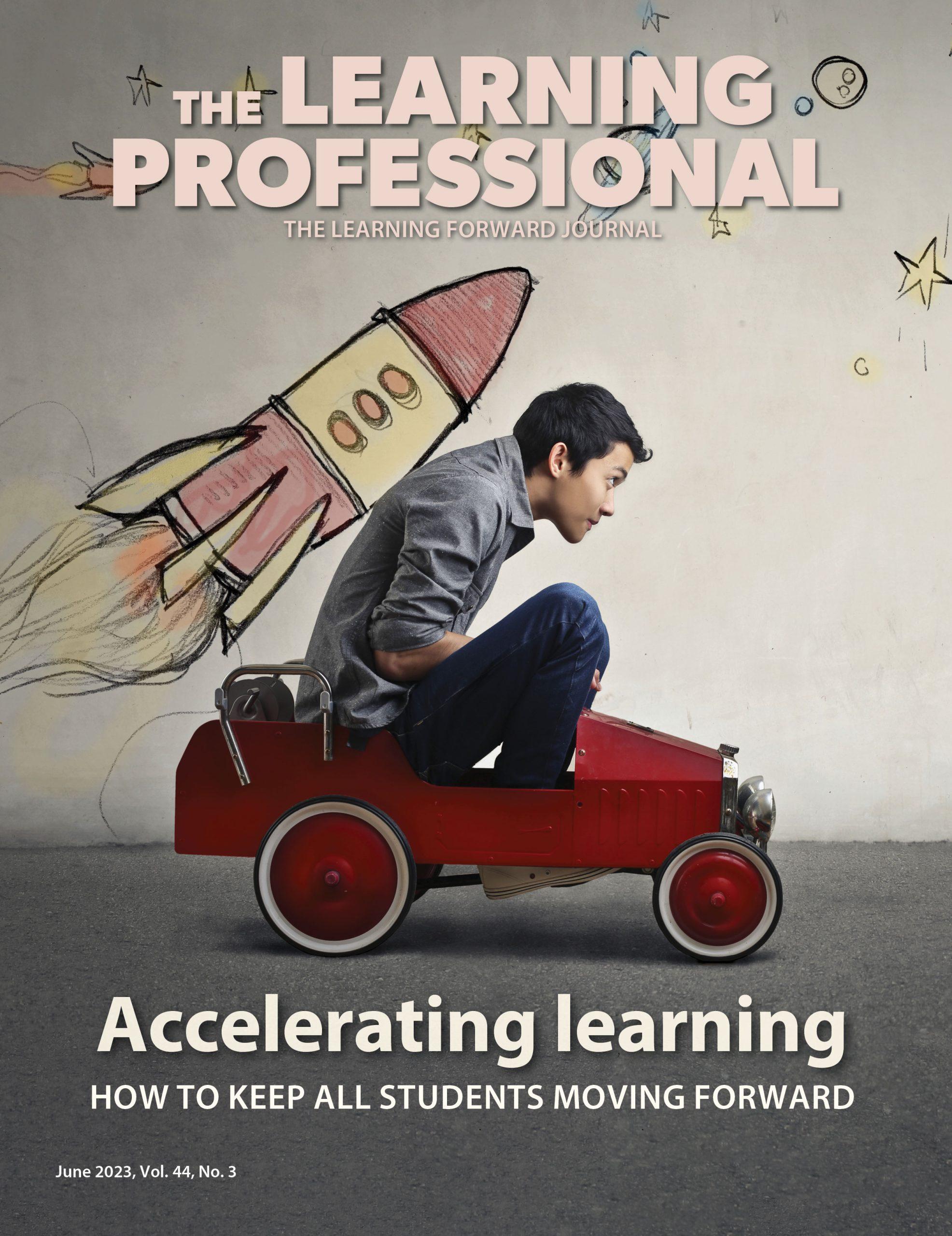FOCUS
In times of division, strategic communication matters
By Ashley Burns and Manny Rivera
Categories: Equity, FacilitationFebruary 2022
Read the remaining content with membership access. Join or log in below to continue.
Sed ut perspiciatis unde omnis iste natus error sit voluptatem accusantium doloremque laudantium, totam rem aperiam, eaque ipsa quae ab illo inventore veritatis et quasi architecto beatae vitae dicta sunt explicabo. Nemo enim ipsam voluptatem quia voluptas sit aspernatur aut odit aut fugit, sed quia consequuntur magni dolores eos qui ratione voluptatem sequi nesciunt. Neque porro quisquam est, qui dolorem ipsum quia dolor sit amet, consectetur, adipisci velit, sed quia non numquam eius modi tempora incidunt ut labore et dolore magnam aliquam quaerat voluptatem.
References
Echelon Insights (2021). Views on race-related issues in K-12 education. PIE Network. www.pie-network.org/wp-content/uploads/2021/10/Updated_Views-on-Race-Related-Issues-in-K-12-education_Echelon-Insights.pdf
Gonzales, D., López, F., & Wiener, R. (2021). United we learn: Honoring America’s racial and ethnic diversity in education. Aspen Institute. www.aspeninstitute.org/wp-content/uploads/2021/10/Aspen-Institute_UnitedWeLearn.pdf
Hammond, Z. (2014). Culturally responsive teaching and the brain. Corwin.
Yoder, N., Atwell, M.N., Godek, D., Dusenbury, L., Bridgeland, J.M., & Weissberg, R. (2020, June). Preparing youth for the workforce of tomorrow: Cultivating the social and emotional skills employers demand. Collaborative for Academic, Social, and Emotional Learning. casel.s3.us-east-2.amazonaws.com/CASEL-Resources-Prep-Youth-Workforce.pdf
Categories: Equity, Facilitation
Recent Issues
TAKING THE NEXT STEP
December 2023
Professional learning can open up new roles and challenges and help...
REACHING ALL LEARNERS
October 2023
Both special education and general education teachers need support to help...
THE TIME DILEMMA
August 2023
Prioritizing professional learning time is an investment in educators and...
ACCELERATING LEARNING
June 2023
Acceleration aims to ensure all students overcome learning gaps to do...











